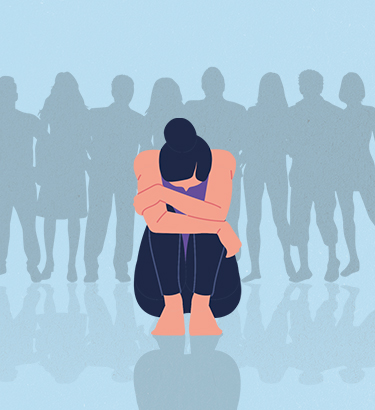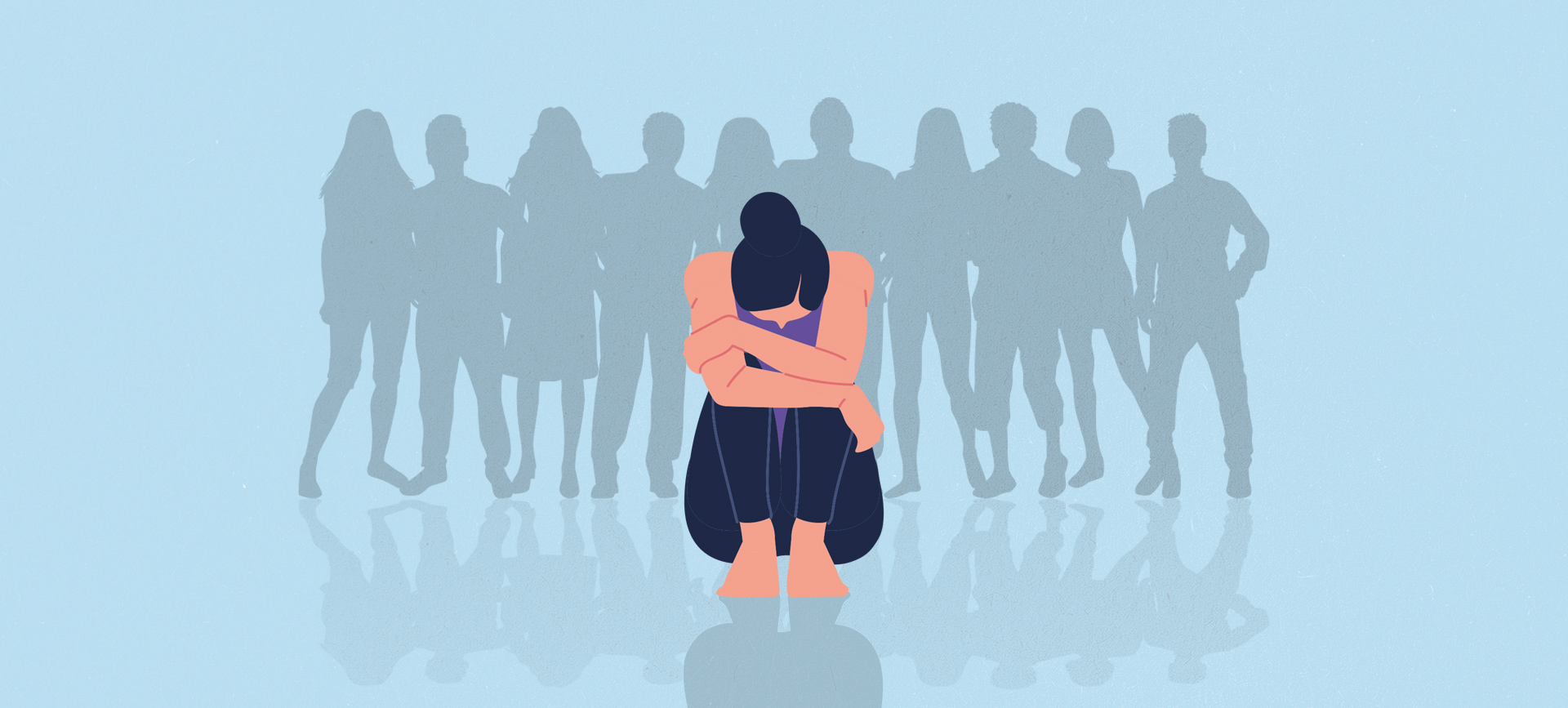Now that we're well into Endometriosis Awareness Month, you may be aware that this disease impacts 1 in 10 women, can cause painful periods, may make it harder to conceive and can make sex downright uncomfortable.
But endometriosis can also take a huge toll on your mental health in several different ways.











